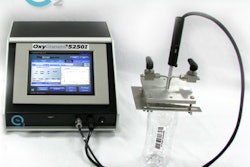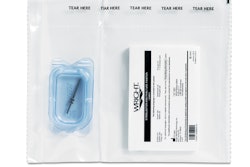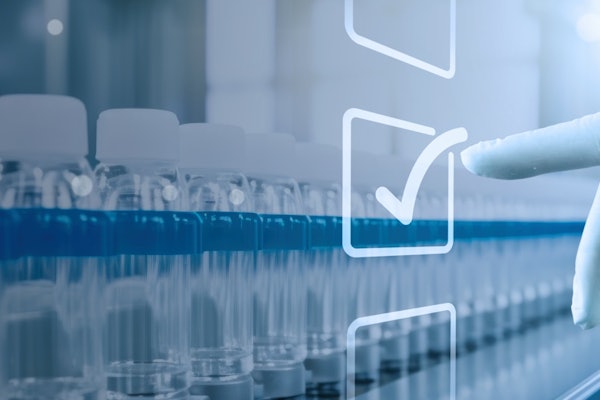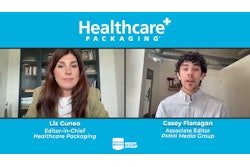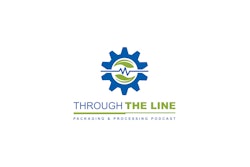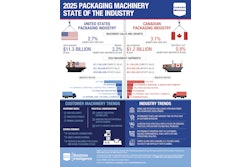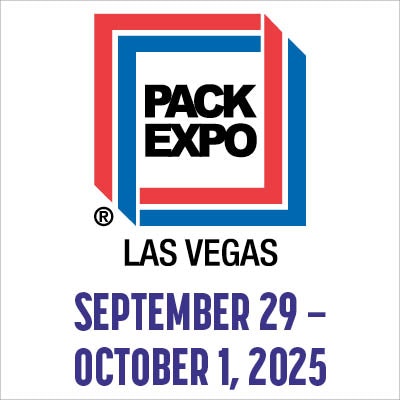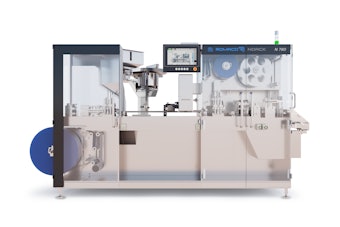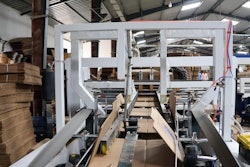This content was written and submitted by the supplier. It has only been modified to comply with this publication’s space and style.
The Sustainability Accounting Standards Board™ (SASB)™, a 501c3 non-profit organization that provides sustainability accounting standards for use by publicly listed corporations in the U.S., today released its first set of provisional standards for industries in the Health Care sector. SASB encourages corporations to begin using the provisional standards, which are designed for disclosure in the Form 10-K, 20-F and other required SEC filings. SASB is accredited to set standards by the American National Standards Institute (ANSI).
SASB’s provisional standards are available for six industries in the Health Care sector: biotechnology, pharmaceuticals, medical supplies & equipment, health care delivery, health care distributors and managed care. The standards address the environmental, social and governance (ESG) issues likely to be material for companies in these industries. Issues addressed include resource management, pharmaceutical water contamination, drug safety and side effects, ethical marketing, affordability and fair pricing, managed care price performance and safety of clinical trial participants.
SASB’s standards development process includes research supported by Bloomberg technology, data and analytical tools; balanced, multi-stakeholder industry working groups; a public comment period; and review by an independent Standards Council comprised of experts in standards development, securities law, investment, environmental law, metrics and accounting. The working groups for the Health Care sector— which included 127 survey responses— represented publicly traded companies with more than $800 billion market capital and investment firms with more than $952 billion in assets under management. Working group members include representatives from Baxter ,Cleveland Clinic, J&J,Kaiser Permanente, Pfizer, Merck, Novo Nordisk, AllianceBernstein, Breckinridge Capital Advisors,Calvert Investment and USB Securities.
“The broad participation in our standards setting process demonstrates the unmet need in the U.S. financial accounting system to articulate material, non-financial risks and opportunities via the channel through which investors are accustomed to receiving information,” said Dr. Jean Rogers, founder and executive director of SASB. “SASB standards are cost-effective, relevant, useful, comparable and auditable. They are the first that truly enable comparison of peer performance and benchmarking within an industry.”
SASB standards help corporations comply with existing regulation, Regulation S-K, that requires that all material issues must be reported in the Form 10-K. U.S. Federal law requires publicly listed companies to disclose material information, defined by the U.S. Supreme Court as “presenting a substantial likelihood that the disclosure of the omitted fact would have been viewed by the reasonable investor as having significantly altered the ‘total mix’ of information made available.” SASB standards will be developed for 80+ industries in 10 sectors over the next two years.
“By establishing standards for reporting industry-focused metrics on material non-financial information, SASB helps provide investors with a more complete view of a company's risks and opportunities,” said Robert Herz, former chairman of the Financial Accounting Standards Board(FASB).
In the coming months SASB will release provisional sustainability accounting standards for the Financials and Technology & Communications sectors. Standards for the Non-Renewables sector are in active development. View the full schedule of SASB’s standards development process here.





